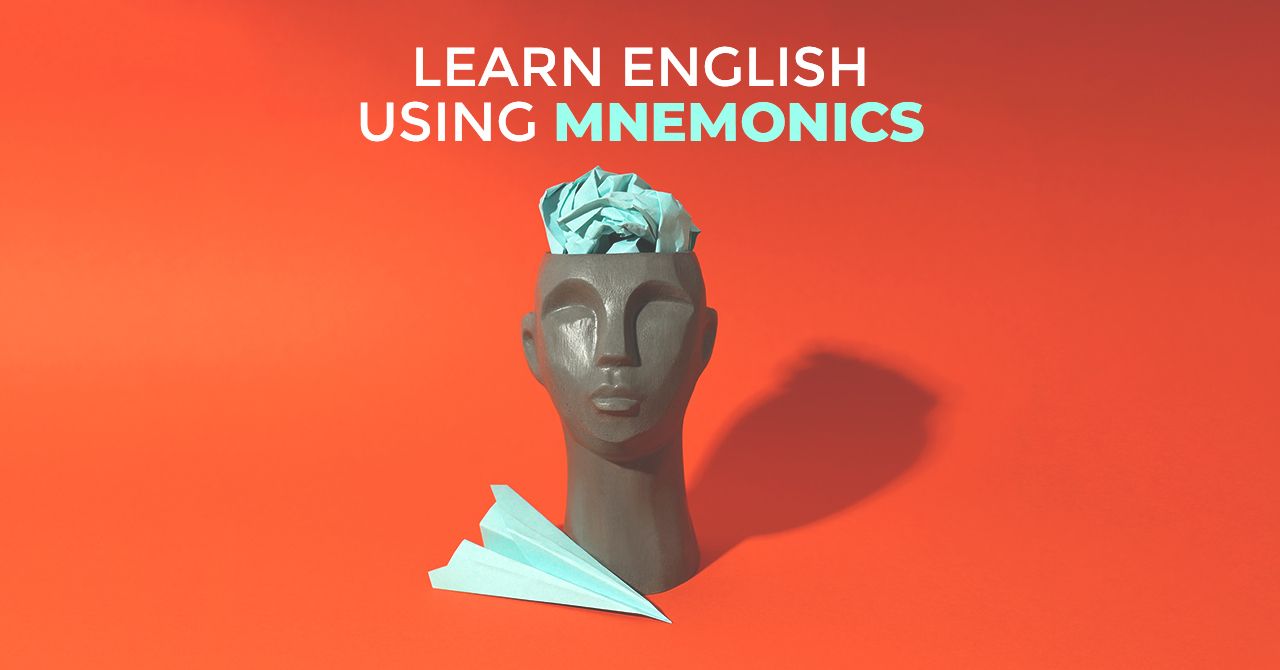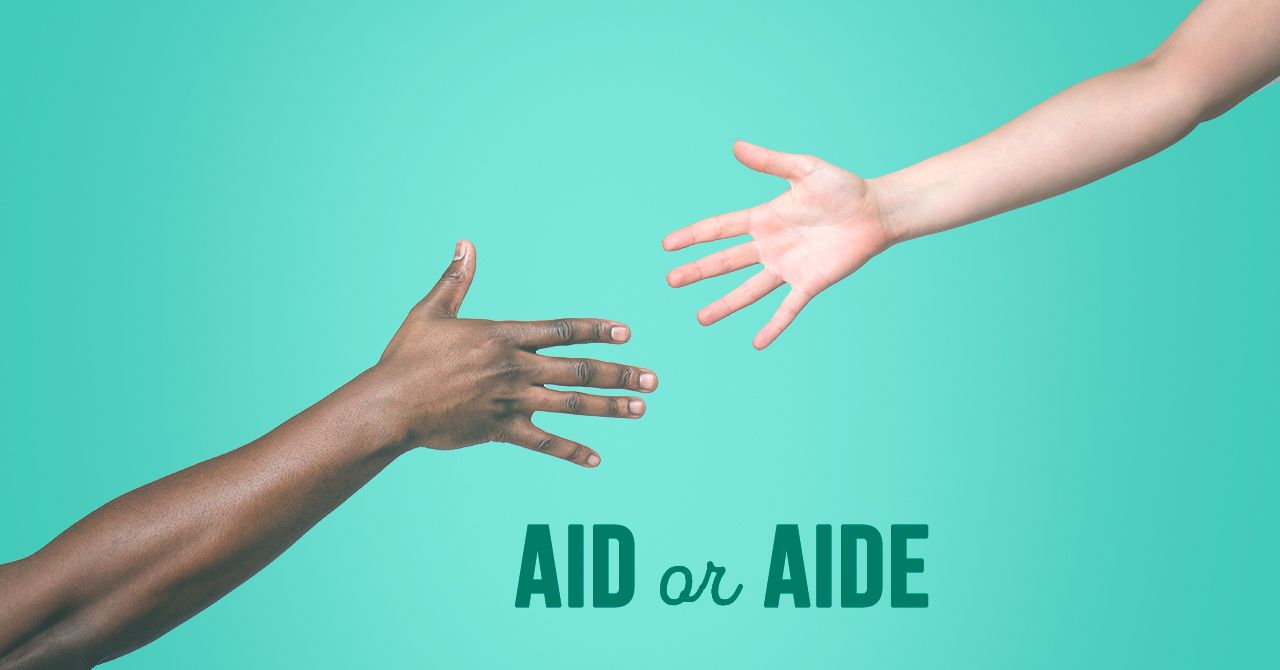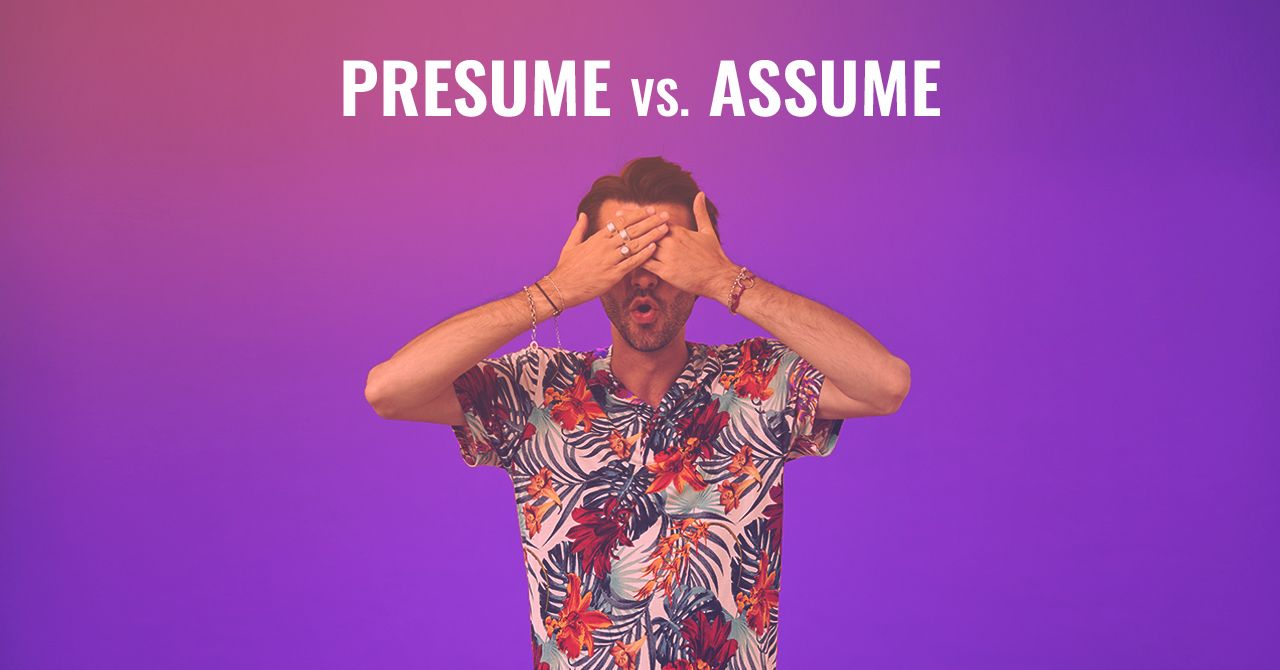English
Find lots of useful information for learning English. Don't miss our new articles.

Learn How to Use Mnemonics to Improve Your English
Mnemonics have been around for centuries and are a mental tool to help you to remember things.

Making the right choice between “there is” or “there are”
Basically, both “there is” and “there are” are deployed to say that something exists or some things exist, as the case may be.

What does “Demeanor” mean?
Demeanor refers to a person’s overall appearance, attitude, and behavior. It reflects the personal style, but it can also unveil the person’s emotional state and much more.

When to use “Aid” vs. “Aide” to talk about assistance and job titles
You may already be aware that “to aid” is a verb that means to provide help. “Aide” is a very different noun. It does not have a verb form and can never be used in the same context as aid.

“Make due” or “Make do”—Which is the correct form?
Make do is the standard form of the idiom that means “to manage to live without things that you would like to have or with things of a worse quality than you would like” (Cambridge Dictionary).

Writing an Argumentative Essay: Tips & Recommendations
Argumentative essays are extremely common in IELTS and TOEFL.

Big-Ups: Meaning, Usage, Synonyms, and Examples
To be more precise, big ups, or big-ups, is an idiom that’s considered a bit dated. Learning its origins will help you understand it and remember it more easily.

How to know when to use the verbs presume vs. assume
Presume and assume are both verbs with similar meanings. They can both be used instead of the verb “to suppose” but cannot be used in the same contexts.